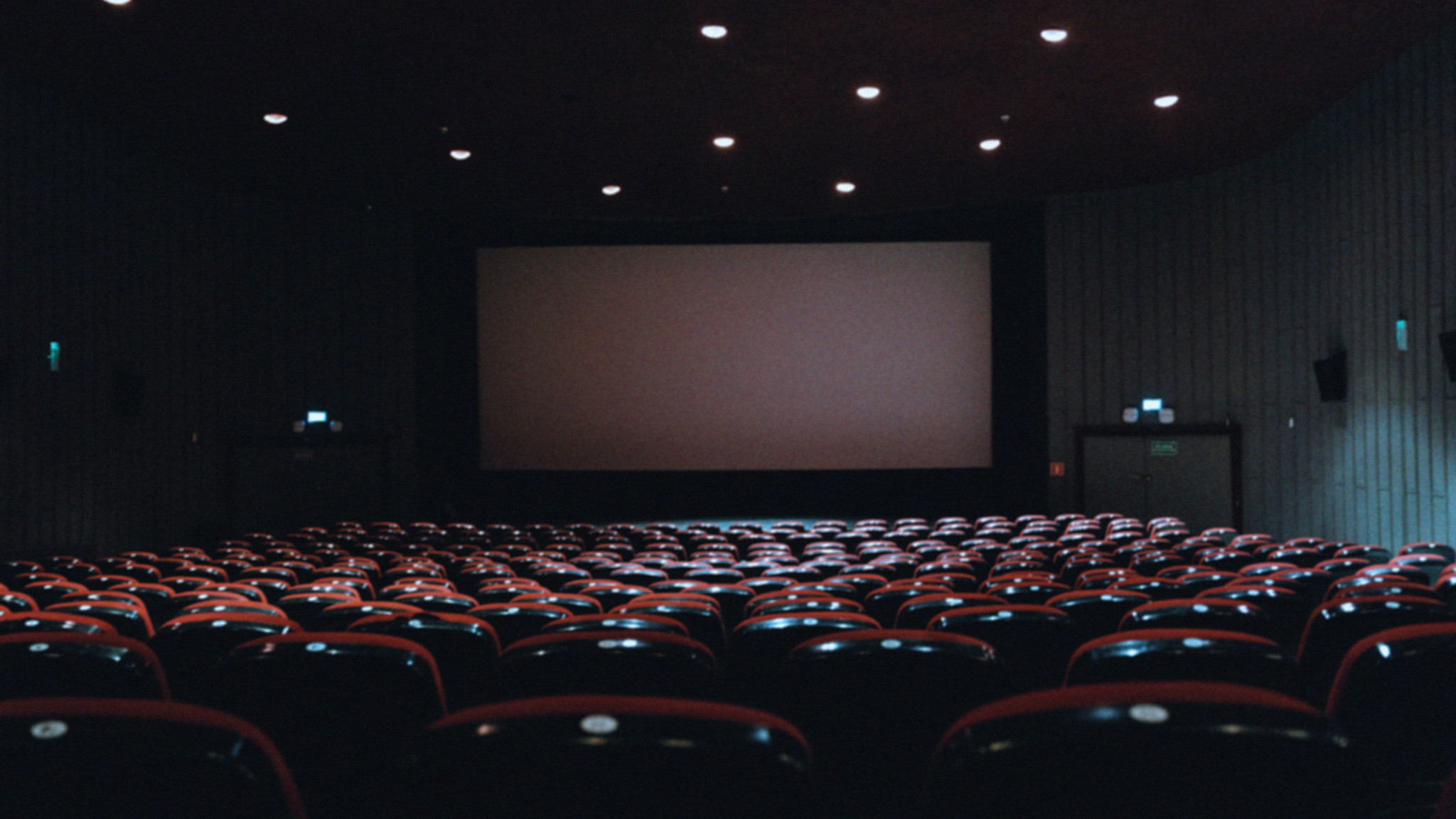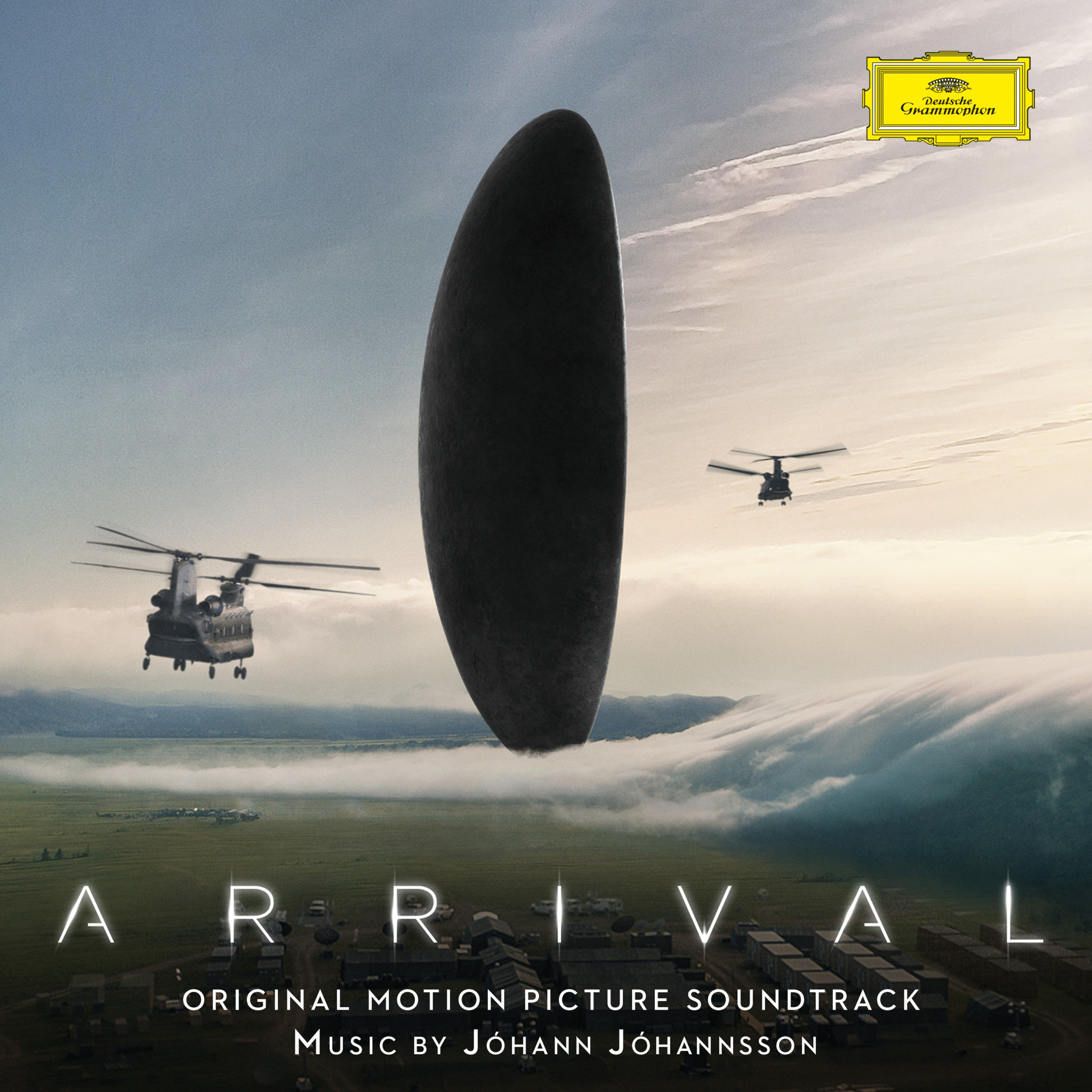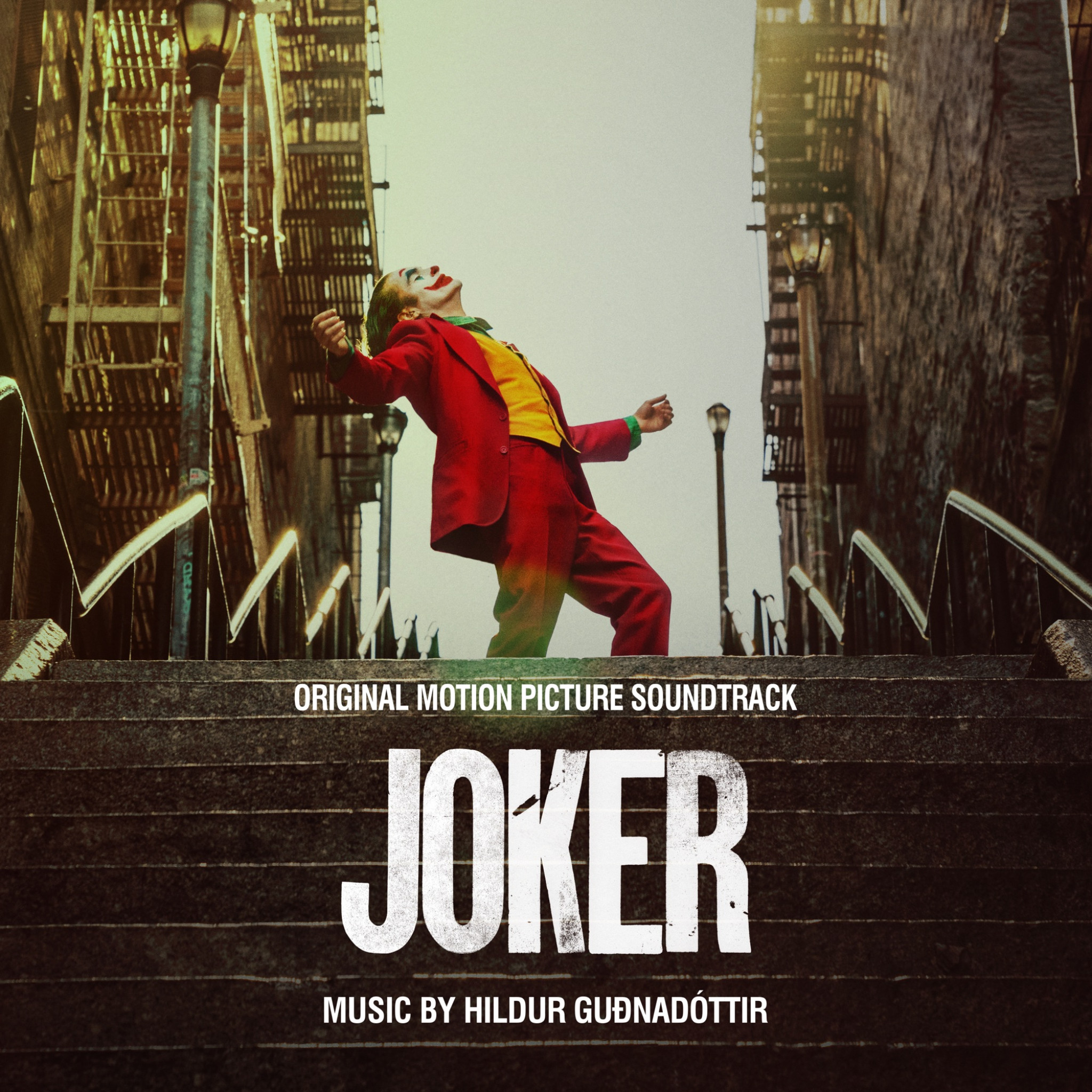Requiem for a Dream (2000)—Clint Mansell
Darren Aronofsky’s second feature film is an unflinching look at the topic of drug addiction. The soundtrack was created by Clint Mansell, composer and former lead singer of British pop band Pop Will Eat Itself, who already made a splash with his captivating electronic soundtrack for Aronofsky’s 1998 film Pi. For Requiem…, Mansell joined forces with the Kronos Quartet to balance his pounding electronica with string sections that soar and stab throughout the movie. Legend has it that Aranofsky initially asked for a hip hop soundtrack but it didn’t work; luckily perhaps, since the resultant soundscape is much more complex and as intense and haunting as the film itself. It also spawned the viral track “Lux Aeterna”, subsequently used in other movies such as Lord of The Rings: Two Towers, The DaVinci Code and video games such as Assassin’s Creed.
There Will Be Blood (2007)—Johnny Greenwood
The soundtrack to Paul Thomas Anderson’s fifth feature film, about a ruthless silver miner turned oil prospector, was composed by Johnny Greenwood, best-known for his role as guitarist in Radiohead. But this is no indie-rock score; using a restrained palette of strings and piano, Greenwood concocts an eerie, minimalist series of songs that draw on contemporary and impressionistic styles, and are peppered with moments of discordance and apprehension—see the creepy "Eat Him By His Own Light" and the quietly ominous "Open Spaces" for examples. The score also features an adaptation of Greenwood’s 2005 experimental orchestral work “Popcorn Superhet Receiver”—a dread-filled composition that ultimately boded well for his future filmic career.
Drive (2011)—Johnny Jewel/Chromatics
Directed by Nicolas Winding Refn, Drive features Ryan Gosling as a tough-guy getaway driver. The coruscating electronic pop soundtrack was begun by Johnny Jewel from the bands Desire and Chromatics, who draw on existing work such as “Tick of the Clock” by Chromatics and "Under Your Spell" by Desire, adding more synthwave music by Kavinsky (“Night Call”)—produced by Daft Punk's Guy-Manuel de Homem-Christo—and College & Electric Youth’s “A Real Hero”. Jewel was eventually replaced by composer Cliff Martinez, who followed Jewel’s lead, balancing out the soundtrack with more ethereal sections made with vintage synths that maintain the unique and compelling aura of a nostalgic, neon-soaked 1980s.
Gravity (2013)—Steven Price
This acclaimed sci-fi classic by Alfonso Cuarón was immaculately scored by British film composer Steven Price. In keeping with the slow, hypnotic feel of the film, the soundtrack eschews any drum-heavy or string-sawing action music here in favour of a sound design approach engineered for full surround-sound performance—right down to the use of vibrations and the electronic processing of single and small-group instrumental sounds. Not that it lacks drama: songs like “Debris” and “The Void” brim with anxiety and even terror, but are also balanced by moments of sheer wonder and tranquillity, with both elements sometimes enhanced with epic vocal performances.
Birdman (2014)—Antonio Sánchez
Alejandro G. Iñarritu’s Birdman can claim one of modern cinema’s most unique scores. Composed mostly for drums and percussion by jazz musician Antonio Sánchez, who has played with Pat Metheny, Chick Corea, and Michael Brecker among others, it’s also interspersed with pieces from the classical repertoire by the likes of Mahler, Ravel and Rachmaninov, and jazz compositions by Victor Hernández Stumpfhauser and Joan Valent. In an interesting twist, Sánchez even de-tuned his percussion kit to get a less clean sound and match the imagery more authentically; by the end of the soundtrack the drums get more hectic to mirror the drama on-screen, with several drum tracks overdubbed onto each other.
Arrival (2016)—Jóhann Jóhannsson
The soundtrack for Denis Villeneuve's 2016 film Arrival is largely considered one of Jóhann Jóhannsson’s compositional masterpieces. Being involved right from the script and concept stage, Jóhannsson drew on the idea of language and communication in the film's story—something he actually studied before turning to music as a career. His otherworldly score was created via innovative techniques inspired by avant-garde pieces such as Karlheinz Stockhausen’s Stimmung (1968), alongside vocal ensemble Theatre of Voices, and with input from composers such as Giacinto Scelsi, Michael Gordon and Georg Friedrich Haas. Using layering and processing, 16-track analogue tape loops, strings and found sounds, the uniquely alien sound-world is by turns cerebral, spectral and wonderfully spooky.
Joker (2019)—Hildur Guðnadóttir
Todd Phillips’ debut Joker movie was a tour de force, not least due to a majestic performance by Joaquin Phoenix. The score, byHildur Guðnadóttir, was no less impressive and won the Icelandic musician and composer an Academy Award. Using her beloved cello as the primary instrument, Guðnadóttir managed to write music that takes us right into the main character’s anguished mind and soul. One of the unique aspects of the score is that the earlier pieces are actually played by a full symphony orchestra, but with such restraint that we can only really detect the tension rather than the music. As the film moves on, the orchestra also grows louder to bring more emotional intensity. One of the key moments in the movie, when Phoenix begins dancing beneath in a dingy bathroom, was inspired by a piece Guðnadóttir created using an electro-acoustic cello called a Halldorophone.
Dune (2021)—Hans Zimmer
For Dennis Villeneuve’s remake of Frank Herbert’s epic sci-fi novel, legendary composer Hans Zimmer decided to create sounds that nobody had ever heard before. Taking a fully experimental approach in order to represent the dystopian futuristic aesthetic of the movie, it wasn’t enough to blend electronic sounds, augmented voices and choirs, heavy percussion, and a barrage of strings, acoustic and wind instruments—he also threw in bamboo flutes, scraping metal, Irish whistles and a 30-person bagpipe group, and even fabricated his own instruments, such as a giant version of an ancient Armenian duduk, and even invented a whole new language for the vocals. So much music was written that The Dune Sketchbook and The Art and Soul of Dune were released as companion albums to the main soundtrack, while some was also featured in the 2024 sequel.
Ad Astra (2019)—Max Richter
This futuristic sci-fi thriller starring Brad Pitt as an astronaut travelling to the outer edges of the solar system, is also centred around a journey to recover a relationship between a father and a son. Max Richter’s ambitious score, which was created with direct input from Pitt and director James Gray, is impressively ambitious, bringing together strings, electronics and vocals across 29 tracks to create something genuinely epic. With several contributions from Lorne Balfe and one by Nils Frahm, processed sounds originally transmitted from Voyager 1 and 2, as well as choral writing, ethereal harps and a Moog System 55, the soundtrack manages to successfully convey both the alien, detached and fragile nature of space as well as the more emotive, human aspects of the film.



